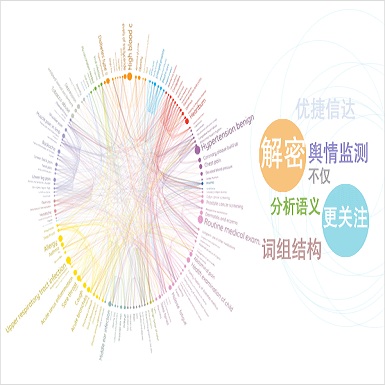Semantic parsing allows humans to leverage vast knowledge resources through natural interaction. However, parsers are mostly designed for and evaluated on English resources, such as CFQ (Keysers et al., 2020), the current standard benchmark based on English data generated from grammar rules and oriented towards Freebase, an outdated knowledge base. We propose a method for creating a multilingual, parallel dataset of question-query pairs, grounded in Wikidata, and introduce such a dataset called Compositional Wikidata Questions (CWQ). We utilize this data to train and evaluate semantic parsers for Hebrew, Kannada, Chinese and English, to better understand the current strengths and weaknesses of multilingual semantic parsing. Experiments on zero-shot cross-lingual transfer demonstrate that models fail to generate valid queries even with pretrained multilingual encoders. Our methodology, dataset and results will facilitate future research on semantic parsing in more realistic and diverse settings than has been possible with existing resources.
翻译:语义分析使人类能够通过自然互动利用大量知识资源。然而,分析者大多是针对英国资源设计和评价的,如CFQ(Keysers等人,2020年),这是以语法规则产生的英国数据为基础的当前标准基准,面向过时的知识库Freebase。我们提出了一个方法,以维基数据为基础,建立多语种、平行的问答配对数据集,并采用这样一个数据集,称为“构成维基数据问题 ” (CWQ ) 。我们利用这些数据对希伯来语、坎纳达语、中文和英文的语义分析员进行培训和评价,以更好地了解多语种语义拼写法的当前优缺点。关于零点跨语言传输的实验表明,模型即使经过预先训练的多语种解算器,也无法产生有效的查询。我们的方法、数据集和结果将促进未来在比现有资源更现实和多样化的环境中对语义区分进行研究。




